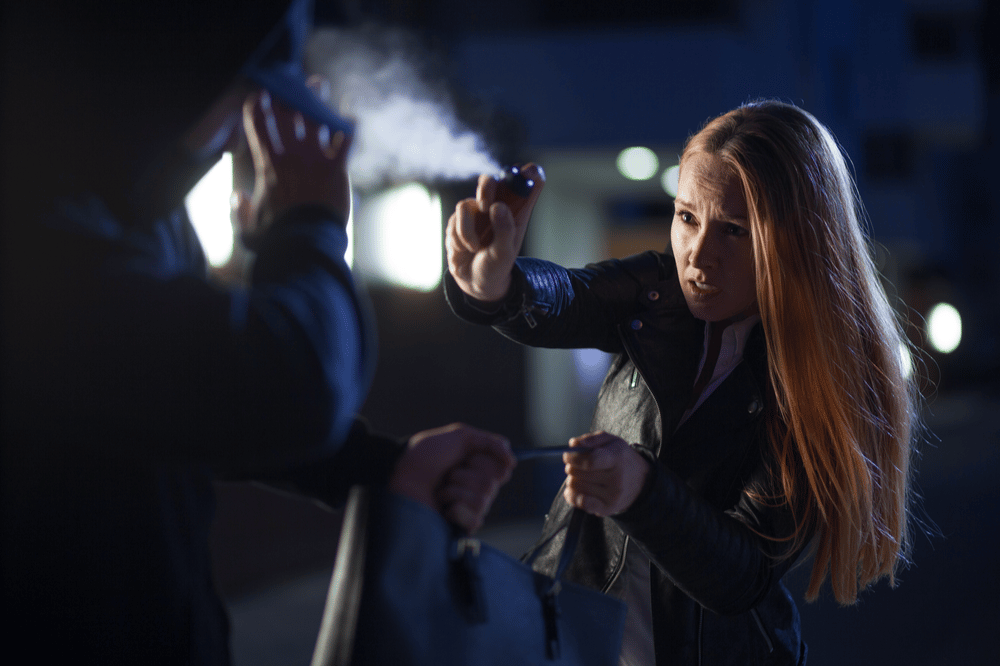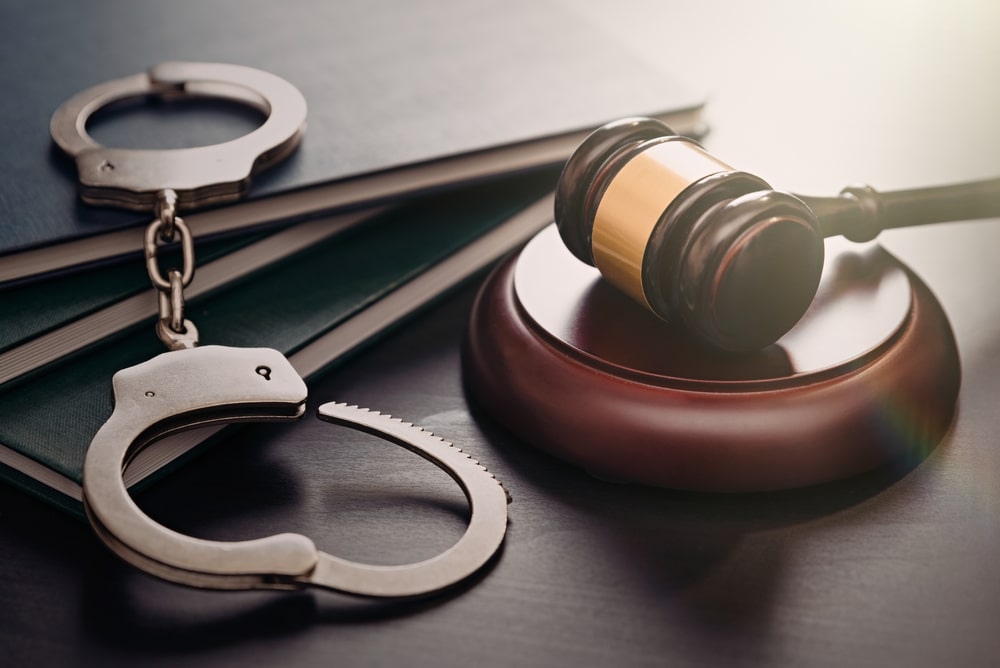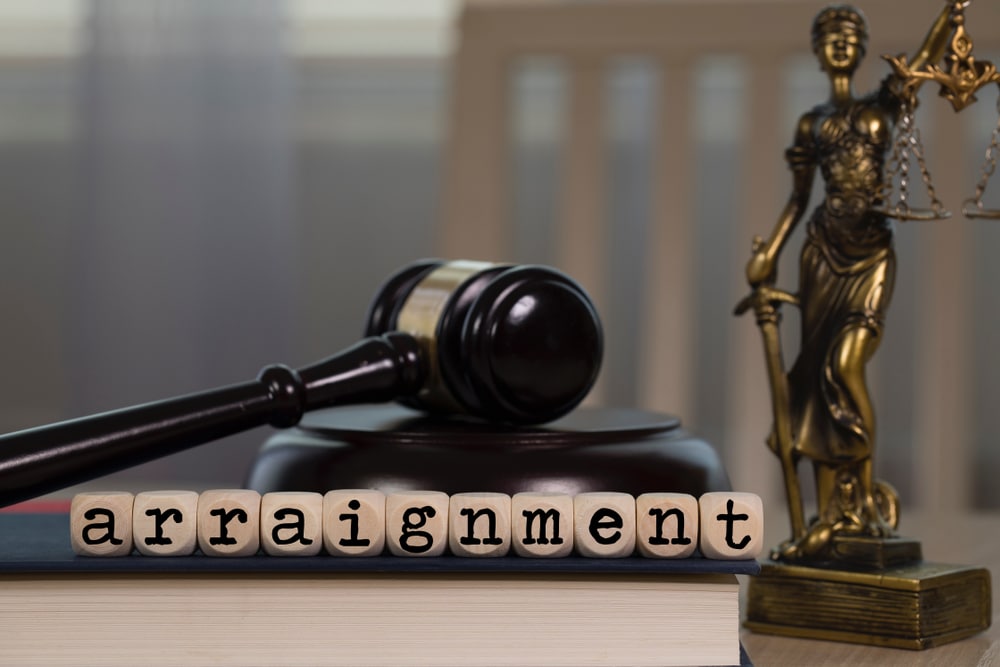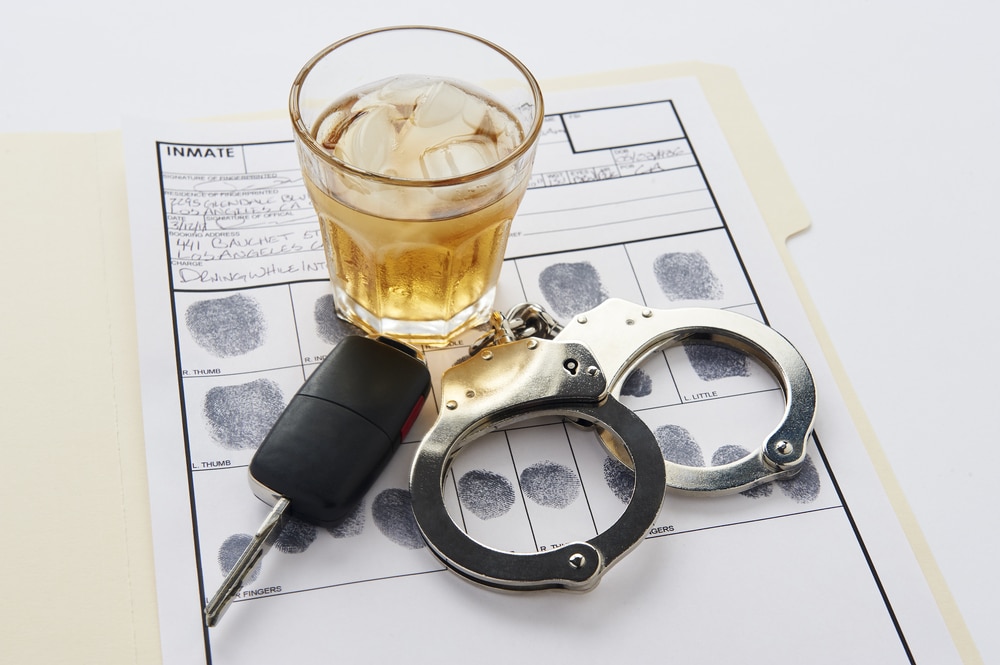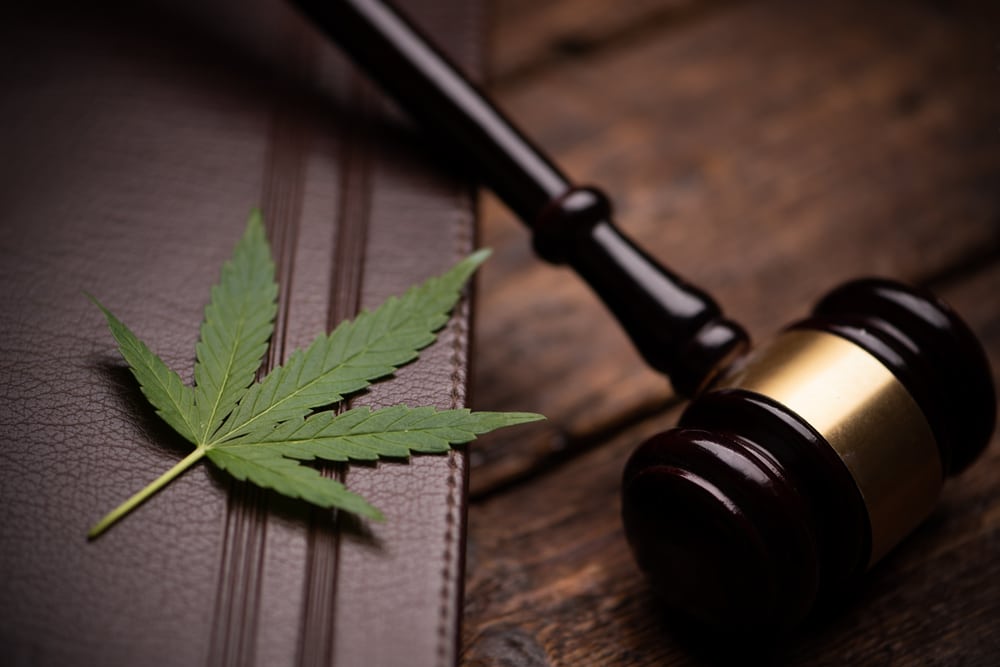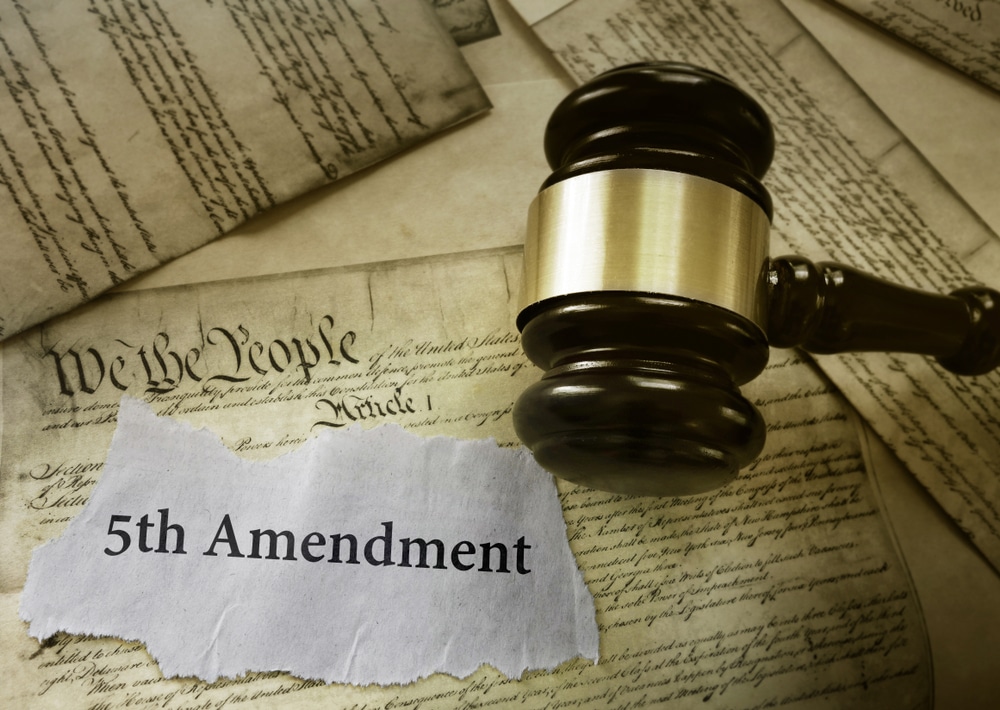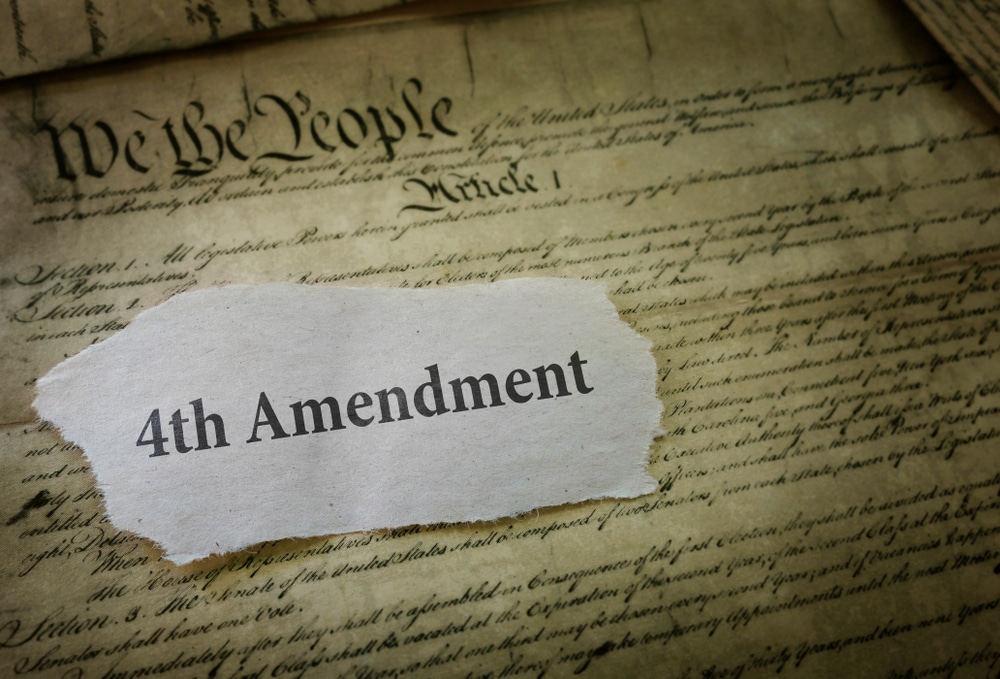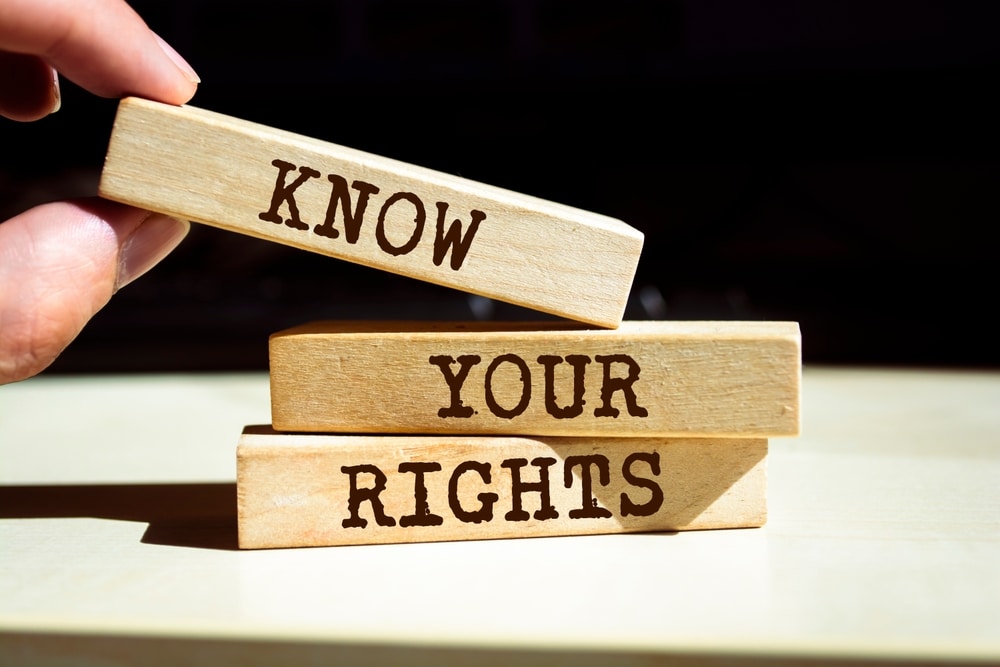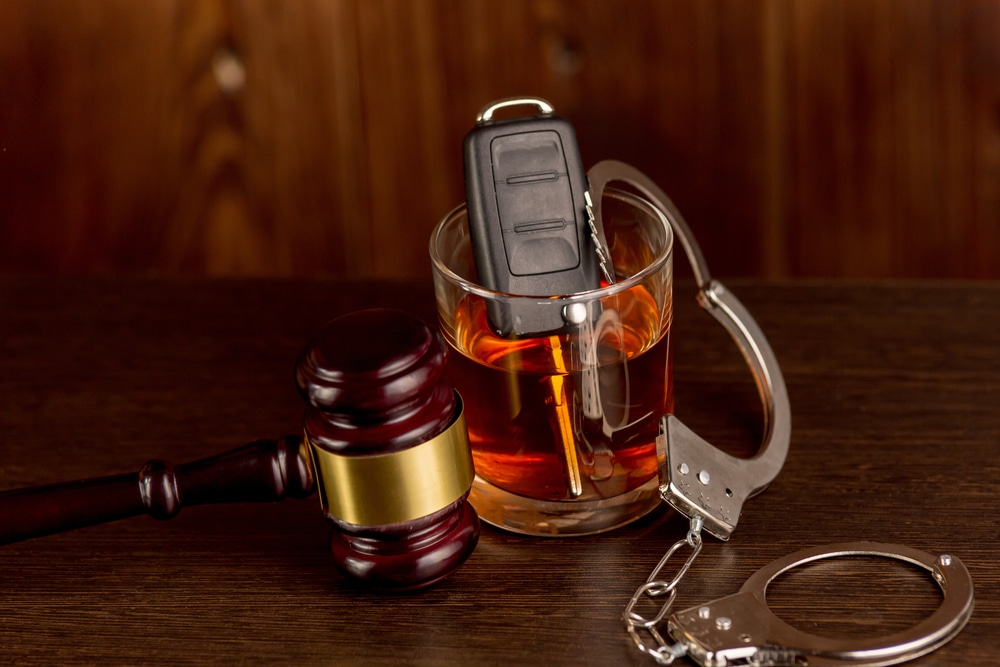Understanding how self-defense is governed in New York is critical for residents and visitors. D’Emilia Law has successfully defended against criminal charges of assault, manslaughter, or even murder by demonstrating clients faced immediate danger and had to protect themselves from aggressors.
Each circumstance is unique and certain details, such as the public or private setting of the altercation and the methods used for protection, make the difference when crafting a legal strategy based on self-defense.
Let’s briefly discuss some self-defense tips when in New York.
New York State Law: Self-Defense
Self-defense is described in Article 35 of New York’s Penal Law Code. It is also known as “justification,” and describes when defendants are reasonably “justified” in using physical or deadly force to defend themselves.
NY Penal Law 35.15 states:
…a person may use physical force upon another individual when, and to the extent that, he/she reasonably believes it to be necessary to defend himself/herself [or someone else] from what he/she reasonably believes to be the use or imminent use of [unlawful] physical force by such individual.
Justification defines non-lethal “physical force” and “deadly force.” It also describes where it can be reasonably asserted to protect:
- themselves or others,
- homes or premises,
- and to prevent criminal mischief.
Justification is proportional, however, and so much depends on reasonable belief. If an unarmed aggressor punched or kicked you, a jury might sympathize if you punched or kicked back; but if you retaliated with a gun, the jury may believe you reacted disproportionately and unreasonably.
The same can generally be said for retaliating against a verbal threat with physical force. Someone saying they will burn your house down does not constitute an imminent threat and will not make you justified (nor reasonable) in using physical force to harm them.
Assessing imminent danger and retaliation is challenging (and that’s why we have criminal trials) because there are so many factors to consider. Article 35 has been amended and updated several times over the years to address all the variables and will likely continue.
NY’s Duty to Retreat and Castle Doctrine
New York State is also governed by a “duty to retreat.” This concept does not mean surrender; but rather, before you act in self-defense you must take reasonable actions to mitigate the risk of harm, which includes fleeing and calling the police. For example, you would have a duty to retreat if someone threatened violence while you dine in a public park. The duty to retreat is essentially the opposite of a “stand your ground law,” where you are not obligated to flee the scene if threatened.
But retreat may not always be possible or required. If you are in your home, for example, there is no duty to retreat if an aggressor intrudes and threatens physical harm. This concept is guided by the “castle doctrine,” a clause that typically refers to defending yourself inside your property. It ties to the old adage that “one’s home is his or her castle,” and they should not have to abandon it amid a threat. The key difference between the castle doctrine and stand your ground, is that the former takes place in private settings, like homes or businesses.
If an intruder entered your house and you used deadly force because you believed you were in danger, the castle doctrine may be applied after-the-fact, as part of your defense in court. It is not a license to kill and – taken a step further – does not “allow” you to harm anyone. For example: luring someone into your house, shooting them, and then claiming self-defense under the castle doctrine later will not exonerate you.
Use General Caution
It is very difficult to be mindful of these seemingly-conflicting laws when facing an imminent physical threat. New Yorkers may defend themselves from imminent physical harm, but also:
- Must act reasonably in an effort to justify their self-defense.
- Have a duty to retreat in public, and
- May not hide behind any law as an excuse to kill or harm someone else.
We are providing a general overview of this topic — there is no way to examine all legal precedent for self-defense in one blog post.
If you can do so safely, take refuge before meeting deadly violence in kind. An act of self-defense may result in legal action against you. If the police take you into custody, you should call a criminal defense attorney in NYC. We have also provided tips your loved ones can follow to help your defense.
As previously discussed, D’Emilia Law maintains that an arrest is not the end of your life and not the same as a conviction. A strong and strategic defense can uphold your innocence, keep you out of jail and reduce your charges and fines.

